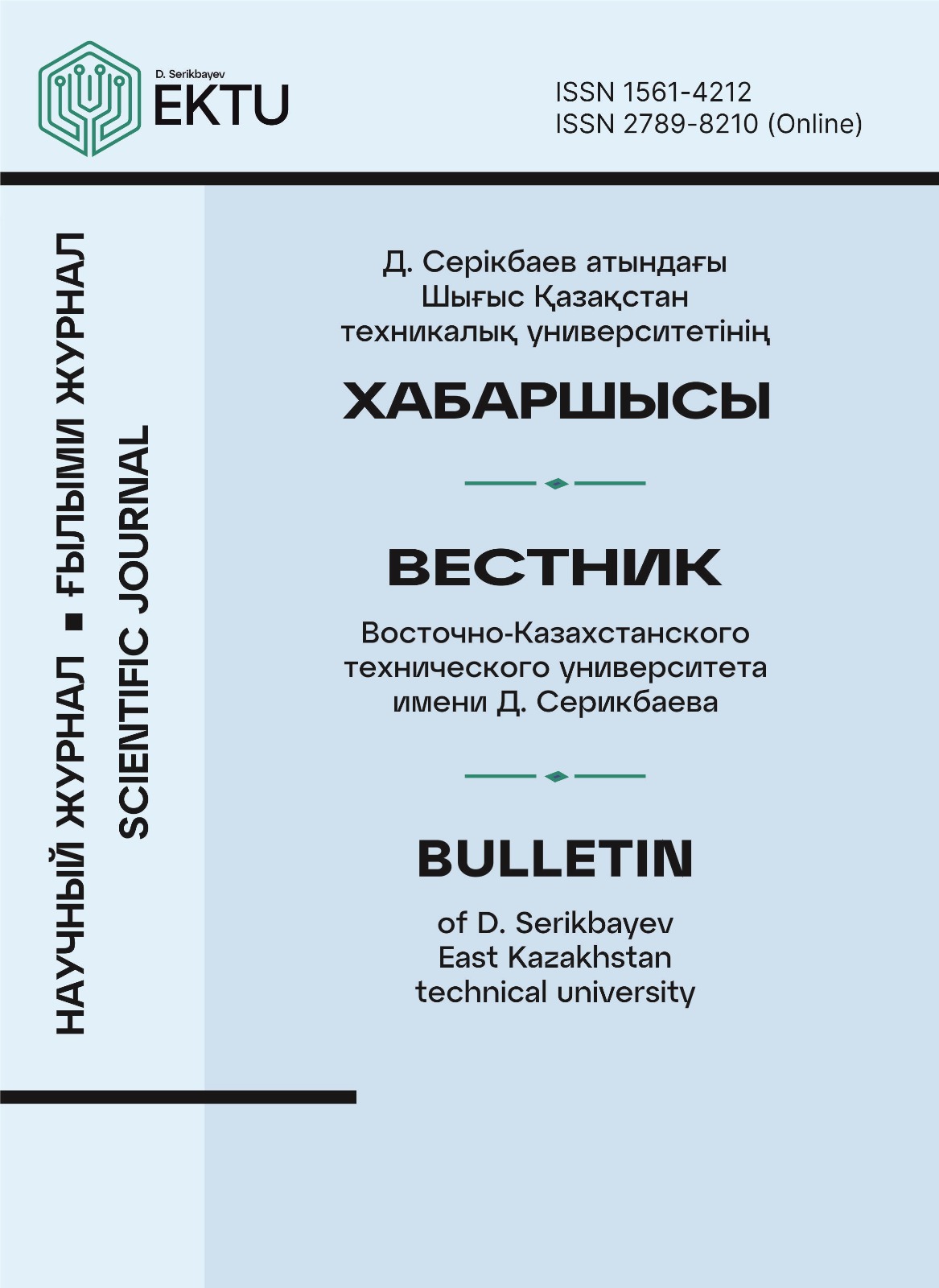DETECTING MONEY LAUNDERING ACTIVITIES IN KAZAKHSTAN: A MACHINE LEARNING APPROACH AND A COMPREHENSIVE STUDY
Published:
2024-06-27Section:
СтатьиArticle language:
EnglishKeywords:
Money laundering detection, National risk assessment, Anti-money laundering (AML, Terrorism financing, Machine learning, Logistic regression, K-means clusteringAbstract
In the context of the global challenge of money laundering, this study conducts a comprehensive national risk assessment, with a focus on Kazakhstan. The research employs state-of-the-art methods to identify vulnerabilities within both financial and non-financial sectors and assess the potential risks associated with money laundering. The study uses innovative methodologies, including unsupervised and supervised learning techniques, to analyze patterns in financial transactions, aiming to distinguish between legitimate operations and potential money laundering activities. The application of K-means clustering, and logistic regression reveals promising results in detecting anomalies and suspicious transactions. By incorporating synthetic financial transaction data, the research provides insights into money laundering practices and their concealed nature. This study serves as an initial step in enhancing anti-money laundering efforts and strengthening the legal and institutional framework in Kazakhstan. The findings offer valuable insights into the detection of money laundering and its implications for national and international security.

Most read articles by the same author(s)
- Айгерим Марат, Sabina Rakhmetulayeva, Analysis of the impact of video quality on feature extraction from a video stream using Convolutional Neural Networks , Вестник ВКТУ: No. 2 (2023): "Vestnik D. Serikbayev of EKTU"
- Sabina, Дидар Едилхан, Жибек Сарсенова , SPATIO-TEMPORAL ANALYSIS OF AIR QUALITY AND NOISE POLLUTION: ADVANCED STATISTICAL METHODS AND PREDICTIVE MODELING , Вестник ВКТУ: No. 1 (2025): "Вестник ВКТУ им.Д.Серикбаева"